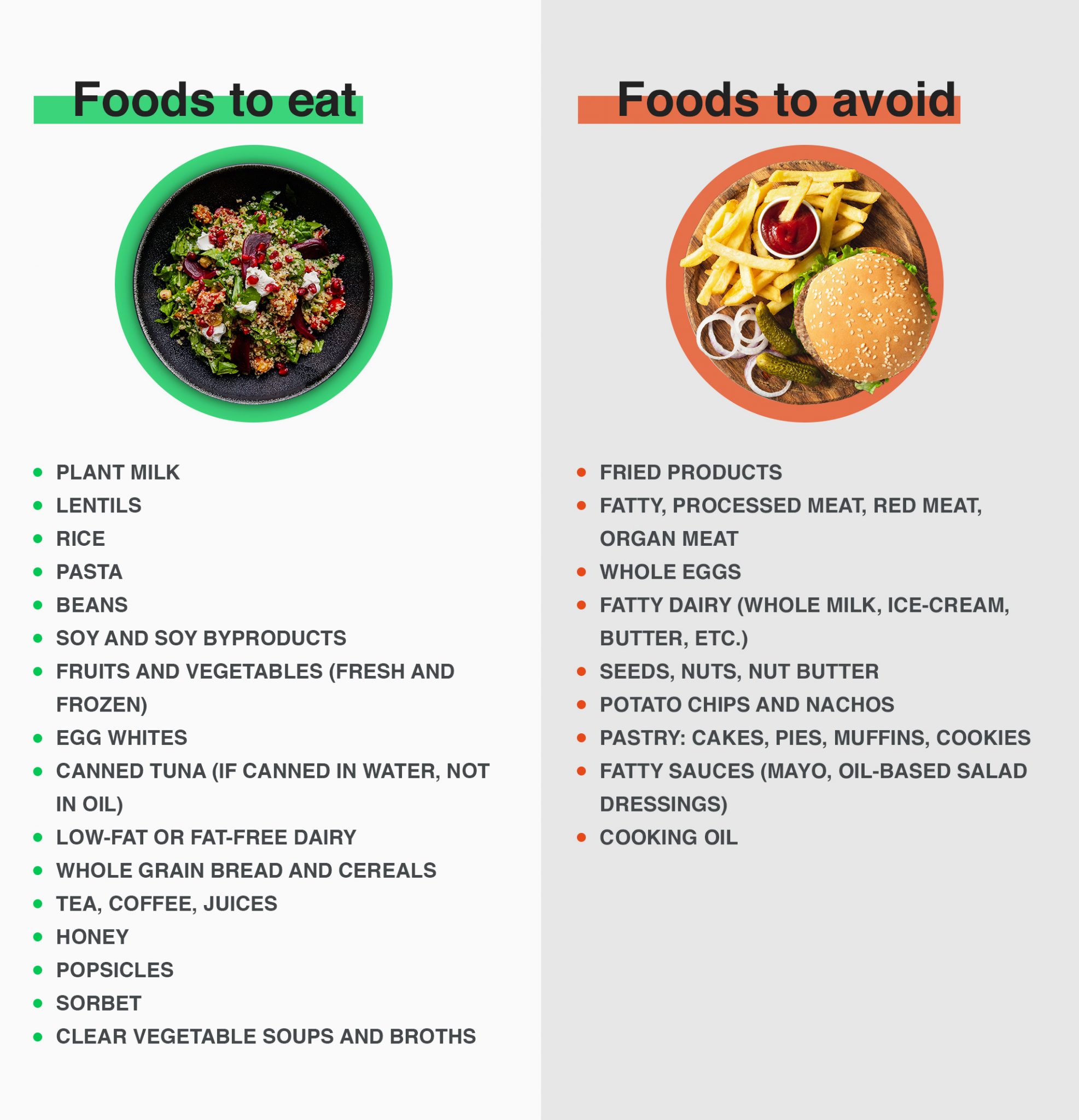People with chronic pancreatitis often face difficulties when it comes to choosing food. True: it is not easy to figure out what foods to eat with pancreatitis – and this article is here to help! We have prepared a bit of useful information for those who want to know more about pancreatitis and learn how to create an appropriate diet plan. But first, let’s take a short look at the condition itself.
What is pancreatitis?
Pancreatitis is a disease characterized by inflammation of an organ called pancreas – a large organ located behind your stomach. A healthy pancreas produces insulin (crucial for regulating blood sugar level in your body), a number of hormones, and also digestive enzymes. The latter are involved in the process of breaking food into individual nutrients, which are later absorbed in your gut.
An inflammation of pancreas, which consequently leads to loss of normal pancreatic function, means that your body is going to have troubles producing and secreting the enzymes into the intestines. In other words, pancreatitis leads to malabsorption of some nutrients – your body becomes unable to absorb them.
Suffice it to say, this condition requires you to pay more attention to your nutrition – and our lists of products are here to help you.
Pancreatitis – tips on diet, food list
The list of foods you can eat with pancreatitis is usually free of alcohol and products high in fat – those are the first things you need to avoid in case of the disease. Generally, your diet should contain plenty of whole foods (veggies, fruits, whole grains), enough water, and no high-fat, sugary, saturated products.
Check out our Pancreas-Friendly Food Chart to see what foods it is best to eat and which to avoid if you have chronic pancreatitis:

Remember: before making any significant changes in your diet, it is important to consult with your healthcare provider.
General tips:
- Go for a low-fat diet with no or little oils and fats;
- Avoid deep-fried, fried, sautéed, or stir-fried dishes. Choose alternative cooking methods: grill, roast, steam, bake, or boil – anything that requires little fat or no fat at all;
- Eat plenty of fresh fruits and veggies and remember to drink enough water;
- Abstain from alcohol;
- Instead of having 2-3 large meals per day, split it into 5-6 smaller meals.
